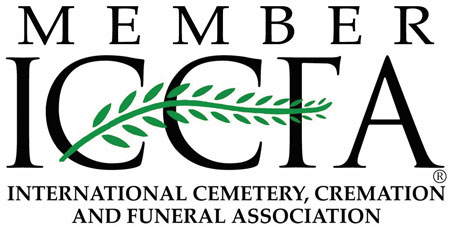Funeral Etiquette
Some of the most common questions we are asked are in reference to funeral etiquette, so we thought it helpful to put some basic tips here on the website. As always, if you have any questions, feel free to call us at (250) 860-7077.
"Should I go?"
Yes. Funerals are to honour the deceased and to reassure and support those left behind. Assuming it is not a private memorial, your presence will be welcome.
What to wear?
Over the years, the typical funeral dress has markedly changed. No longer is colourful dress frowned upon and gentlemen are increasingly forgoing the traditional dark suit and tie.
The best advice we can give in terms of clothing is to be respectful of the deceased and his or her family. Being clean and presentable is obviously important and if you wish to wear formal clothes, by all means do so (despite our words above, formal is still the most popular clothing choice). But in the end, your presence is probably more important than if you have a tie on or not.
What to say?
Reassuring words of condolence are always appreciated. Use phrases such as:
- “I’m sorry for your loss.”
- “My sympathies to you and your family.”
- “I was a friend of Bill’s – I enjoyed his company and will miss him.”
- “Pam was a wonderful co-worker. I’m thankful to have known her.”
In terms of physical contact, a clasp of hands or an embrace is usually welcome. If you knew the deceased, but not the family, introduce yourself with a smile and eye contact.
Providing your current contact information allows family members to thank well-wishers for coming and affords staying connected.
Bringing Children?
For many children, a funeral can be healing and may also give a greater understanding of death. Other children may be fearful – it’s truly an individual response. Children learn about love and loss in many ways. They know something is wrong and default to thinking it’s about them. Including them in this family experience allows them to learn from you. By making it real for them, children can discover what’s real about love and loss and can navigate through to knowing it will be okay. Use your best judgment, but if your children ask to go, then let them.
What to bring?
Use your judgment. If you know the family, a sympathy card is always welcome. Flowers can be sent as well, but be sure to check the obituary first – some families designate a cause or charity for donations in memory of their loved one. If you are close to the family, you may want to see if food is needed, as funerals are times of remembrance gatherings, both planned and unplanned. Sincere gestures of help and caring are almost always welcome.



